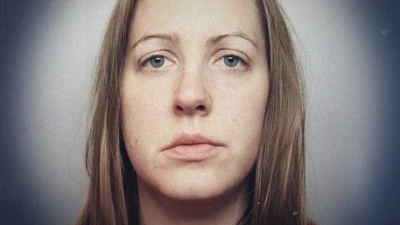We've updated our Privacy and Cookies Policy
We've made some important changes to our Privacy and Cookies Policy and we want you to know what this means for you and your data.
Airlines accused of charging too much for credit card payments
Image source, Getty Images
- Author, Brian Milligan
- Role, Personal Finance reporter
A consumer group is accusing airlines of charging passengers too much for paying with a credit card.
Fairer Finance (FF) says airlines like Flybe, Monarch and Ryanair may be in breach of rules which say the charges should only reflect genuine costs.
Flybe and Monarch are said to be the worst offenders, putting a surcharge of 3% on bookings.
However, the airlines argue that their charges do accurately reflect the cost of processing the payments.
FF also accuses some local authorities of charging too much for paying by credit card.
James Daley, the managing director of FF, said there were hundreds of companies he believed were in breach of section four of the , which came into force in April 2013.
"If they choose to charge for accepting credit card payments - in spite of the strong public sentiment against these charges - then the rules make it very clear that they can only pass on the cost," he said.
Trading Standards teams across the country should be investigating the issue, Mr Daley added.
Monarch told the ΒιΆΉΤΌΕΔ that its 3% surcharge did reflect its costs in processing the payments.
And it said that those who paid via Paypal do not pay a surcharge.
"Monarch's credit card surcharges are set to cover all of the related costs incurred by the company associated with taking payment by credit card," the airline said.
"When booking a flight at www.monarch.co.uk, charges are added to the total price of the booking and clearly itemised in the running total from the moment a customer select flights, right up to point of payment."
Ryanair said: "These claims are false. We fully comply with all EU regulations and our credit card charge reflects the cost of processing credit card payments, including bank charges."
A Flybe spokesperson said the airline is "fully compliant with the Department for Business, Innovation and Skills (BIS) Guide 'Consumer Protection Regulations March 2012' that very clearly explain the allowable costs that can be recovered through a payment surcharge".
It claimed to have been ahead of other airlines in 2012 by scrapping debit card charges for all online bookings.
Some other airlines, such as Jet2, have dropped credit card charges altogether. British Airways charges a flat fee of Β£5.
Charges
However, FF believes that the cost of processing credit card payments should be covered by a 1% surcharge.
One element of that cost is the so-called interchange fee: The amount that businesses or retailers have to pay to the bank or credit card company.
Since December 2015 interchange fees have been capped at 0.3% of the transaction cost, under EU rules.
Mr Daley said that should be the largest part of the cost - with other expenses making up a further 0.3%.
"That should mean that consumers are being charged no more than around 0.6% by large companies - and certainly no more than 1%," he said.
None of the councils contacted by the ΒιΆΉΤΌΕΔ were available for comment.
Top Stories
More to explore
Most read
Content is not available








